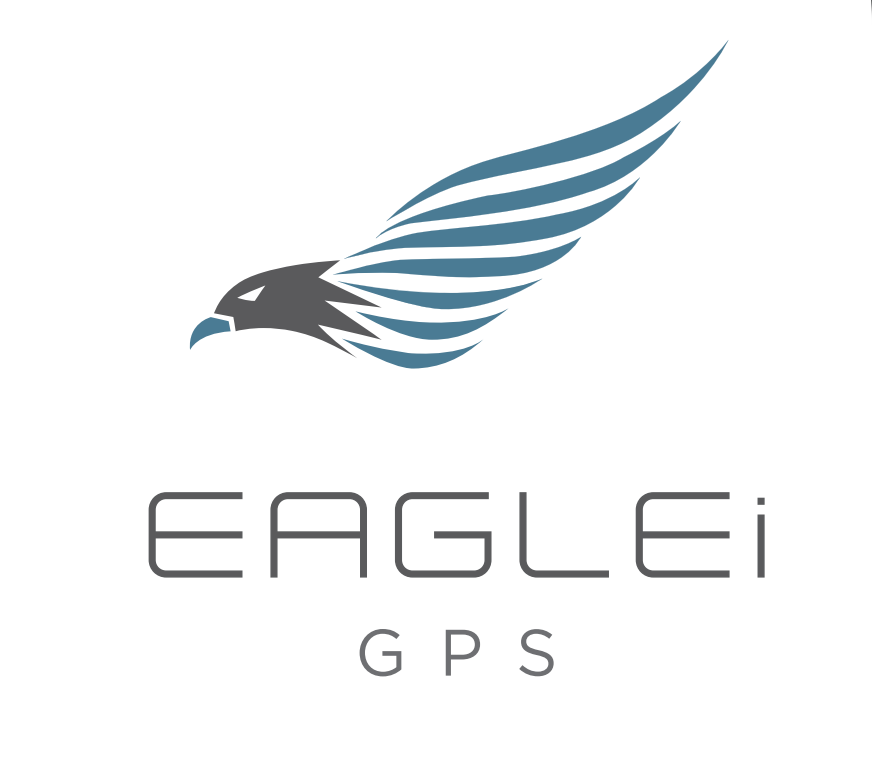The Transformative Impact of AI and Automation on GPS Fleet Tracking in 2024
In 2024, the integration of AI and automation into GPS fleet tracking systems is emerging as a powerful trend, significantly reshaping the landscape of fleet management. These advanced technologies are enhancing operational efficiency, driving cost savings, and improving overall safety for fleet operators, all of which are crucial for staying competitive in today’s fast-paced environment.
AI in GPS Fleet Tracking: A New Era of Efficiency
Artificial Intelligence (AI) is revolutionizing GPS fleet tracking by extending beyond mere location tracking. AI-driven systems analyze vast amounts of data in real-time, allowing fleet managers to predict traffic conditions, optimize routes, and identify potential maintenance issues before they become costly problems. This predictive capability ensures that fleets operate more efficiently, reducing fuel consumption and minimizing downtime (IndustryWired).
This technology facilitates proactive decision-making, offering real-time insights that can greatly enhance operational efficiency and contribute to more sustainable fleet management practices.
The Role of Automation in Fleet Management
Automation is becoming a cornerstone of modern fleet management, particularly in handling repetitive tasks like scheduling, route planning, and maintenance alerts. By automating these processes, fleet managers can focus on more strategic activities, leading to improved productivity. Automation also plays a crucial role in managing the lifecycle of vehicles, including electric vehicles (EVs), which are becoming increasingly common in fleet operations. By optimizing charging schedules and monitoring battery health, automation ensures that fleets run smoothly and sustainably (IndustryWired).
Enhancing Safety and Compliance with AI
Safety remains a top priority in fleet management, and AI is at the forefront of enhancing driver safety. AI-powered telematics systems monitor driver behavior, providing insights into risky driving patterns such as harsh braking or speeding. These systems enable fleet managers to take proactive measures, such as driver coaching, to mitigate risks and ensure compliance with safety standards. The use of AI in this context not only improves safety but also helps maintain compliance with regulatory requirements, which is critical for any fleet operation (IndustryWired) (Fleet News).
The Economic Impact of AI and Automation
While the initial investment in AI and automation technologies may be significant, the long-term benefits are substantial. Fleets that adopt these technologies can expect to see a significant return on investment through reduced operational costs, improved vehicle longevity, and enhanced customer service. As fleet operations face tightening budgets, the adoption of AI and automation in GPS fleet tracking is becoming not just an option but a necessity for staying competitive (Fleet News).
Conclusion
The integration of AI and automation into GPS fleet tracking systems is transforming the future of fleet management. These technologies are enabling fleets to operate more efficiently, safely, and cost-effectively, making them essential tools for any fleet manager looking to stay ahead in 2024 and beyond. As these trends continue to evolve, the ability to leverage AI and automation will be a key differentiator in the competitive landscape of fleet management.
For more insights on how AI and automation are shaping the future of fleet management, explore the latest reports and expert analyses on this rapidly evolving field.






